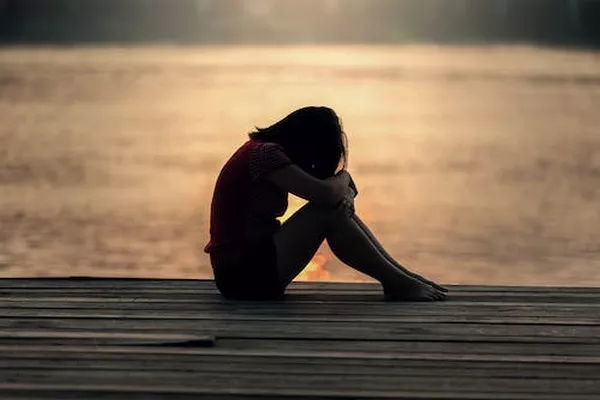Maui, following the devastating Aug. 8 fire that ravaged Lahaina and claimed at least 115 lives, is now poised to confront significant hurdles, as underscored in a recent report from the University of Hawaii. The profound impact on survivors’ mental well-being and the imperative to ensure transparent government engagement in the recovery process emerge as primary challenges on both immediate and long-term horizons.
Released on Thursday by the university’s Economic Research Organization, the report titled “Navigating Beyond the Maui Wildfires: Charting the Recovery Path” was meticulously crafted by a panel of 16 experts hailing from diverse fields encompassing economics, environmental science, public health, finance, and governance.
Beyond the realm of lives lost and immediate injuries sustained, the report underscores the far-reaching health ramifications precipitated by the calamity. Researchers emphasize that the repercussions extend into the depths of post-traumatic stress, depression, and anxiety disorders, with effects manifesting both in the immediate aftermath and often persisting over the years. Alarming findings from studies conducted after the 2018 Camp Fire, which razed the Californian community of Paradise and claimed 85 lives, offer an unsettling parallel, shedding light on the pervasive psychological toll of wildfires.
Moreover, the report highlights the insidious physiological impact that mental health distress stemming from fires can wield, affecting hormone regulation, cardiovascular health, and neurological well-being.
As federal and state resources converge on Lahaina, a pivotal concern materializes in the form of securing adept mental health practitioners capable of providing tailored care to fire survivors. This challenge looms as a considerable one in the medium and long term, with the experts’ analysis projecting its significance. Essential to this endeavor is the involvement of mental health professionals who are deeply connected to the local community and culturally attuned.
However, the backdrop to this endeavor is beset with challenges, magnified by Hawaii’s dearth of psychiatrists, psychologists, licensed clinical social workers, and mental health therapists, particularly on the neighbor islands. The enormity of the task is palpable, particularly in light of the Maui Community Mental Health Center’s offer to extend aid to those affected by the recent wildfires.
Compounding these obstacles are logistical complexities. With much of Lahaina’s healthcare infrastructure succumbing to the flames, and transportation limitations impeding access to Central Maui, the importance of proximity in delivering mental health services becomes paramount. Whether in Lahaina, Kula, where the Upcountry fires razed over a dozen homes, or any other locale on Maui, survivors’ access to assistance within their vicinity is of paramount significance, the report emphasizes.
Acknowledging the gravity of the situation, the Hawaii Department of Health has embarked on a journey to address the needs that have arisen. Marian Tsuji, the deputy director of behavioral health, acknowledges the severity of the behavioral health impact resultant from the Maui wildfires. Her department, in tandem with community partners, endeavors to ensure that Maui residents are equipped with comprehensive and culturally sensitive behavioral health support. A notable initiative is the wellness navigator program, which extends its services to survivors accommodated in hotels. These navigators traverse neighborhoods, bearing essential supplies like toiletries, snacks, and toys for children, while concurrently furnishing information about available mental health services.
In the wake of catastrophe, Maui’s trajectory is set to be defined by its resilience in surmounting the challenges of nurturing mental well-being and fostering government transparency. As the island grapples with the aftermath, its ability to confront these obstacles head-on will shape its path to recovery and renewal.


























